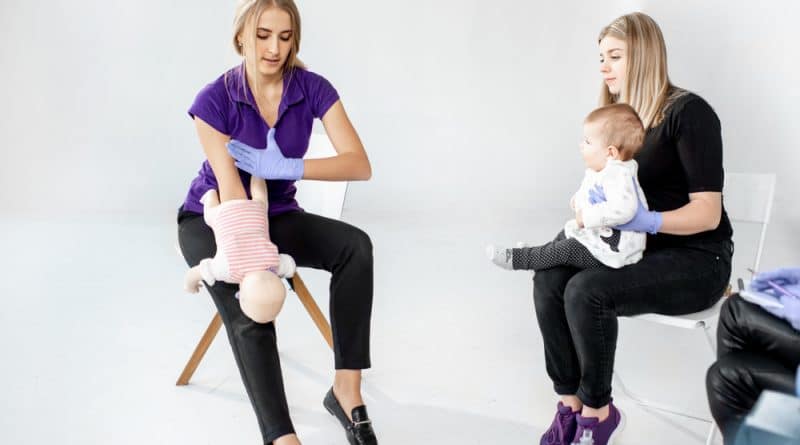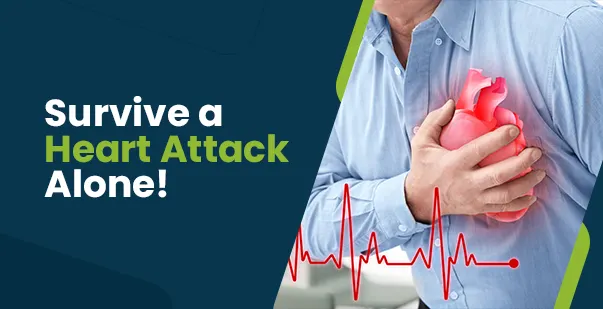Find out how to respond when your child is in an emergency situation with these essential first aid and CPR tips.
When you are a parent, it is extremely important that you know first aid and CPR since there is no predicting what kind of accident your kid could end up in considering how clumsy they are. You can look for CPR classes online, and this article will equip you with the basics tips that could save your child’s life.
Choking
Infants experiment with their mouths and this puts them at risk of choking. Every parent needs to be prepared to deal with such a situation when dealing with babies.
For a young child still under 1 year, you will put them on your arms face down and then let your arm run lengthwise along the belly to the neck with your fingers supporting the shoulders, and your knee supporting the arm. Administer firm strikes to the child’s back, just between the shoulder blades. Do this until the object blocking the airway comes out.
For an older child, the Heimlich maneuver is the first aid for choking. Kneel behind the child and place your right fist just above the navel and cover the fist with your other palm, then begin to apply pressure to the abdomen as if you are attempting to lift the child. Repeat this five times until the object comes out.
Nose Bleed
For a nosebleed, let the child sit down upright and bend the neck forward to allow the blood to flow onto the ground, using a clean cloth, pinch the top of the nose for 10 minutes which should be enough time to stop the bleeding. If the bleeding hasn’t stopped, rush to the hospital, but maintain the posture.
Sprain
A sprain is less serious than a fracture and the pain is less severe. The first aid for a sprain is to take the pressure off the sprained area and raise it up for about 20 minutes. Follow this up with a cold compress to control the pain.
Breathing Problems
If the child cannot breathe, CPR will be needed. Lay the child on their back, and put the heel of your palm over the middle of their chest, and begin compressions. Each time you compress, allow for the chest to rise back to position. You can do 30 compressions and check to see if they are breathing. Keep doing this until they begin to breathe or help arrives.
Cuts
For small cuts, there is not much to them, just wash the area with soap and water and allow the wound to heel. Deeper cuts with a lot of blood, on the other hand, need more attention. Wash the area and sterilize it, apply pressure to the injured part while raising the area above the level of the heart. When the bleeding stops, you can wrap the wound with a sterile bandage. If the bleeding persists, seek medical attention as soon as possible.
It is important to have a first aid kit handy at all times and remember that first aid is not the complete treatment, have a doctor take a look after administering first aid.
Register today for first aid and CPR classes online to master life-saving skills for the future!









